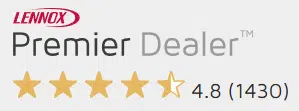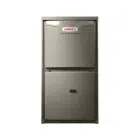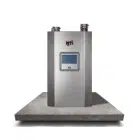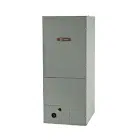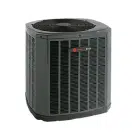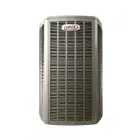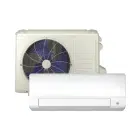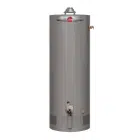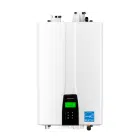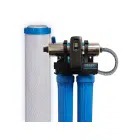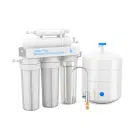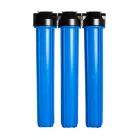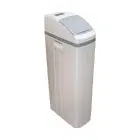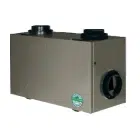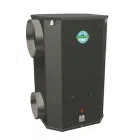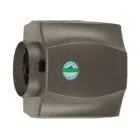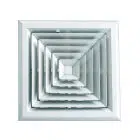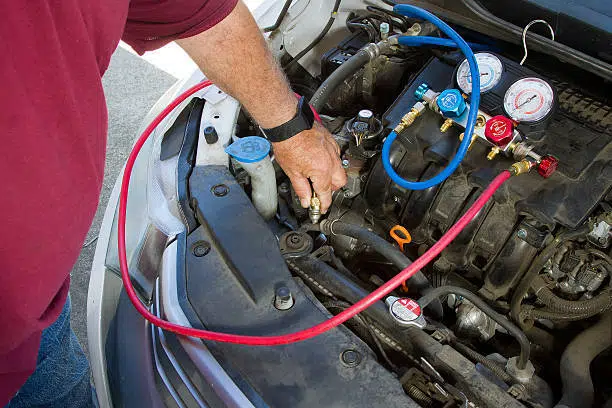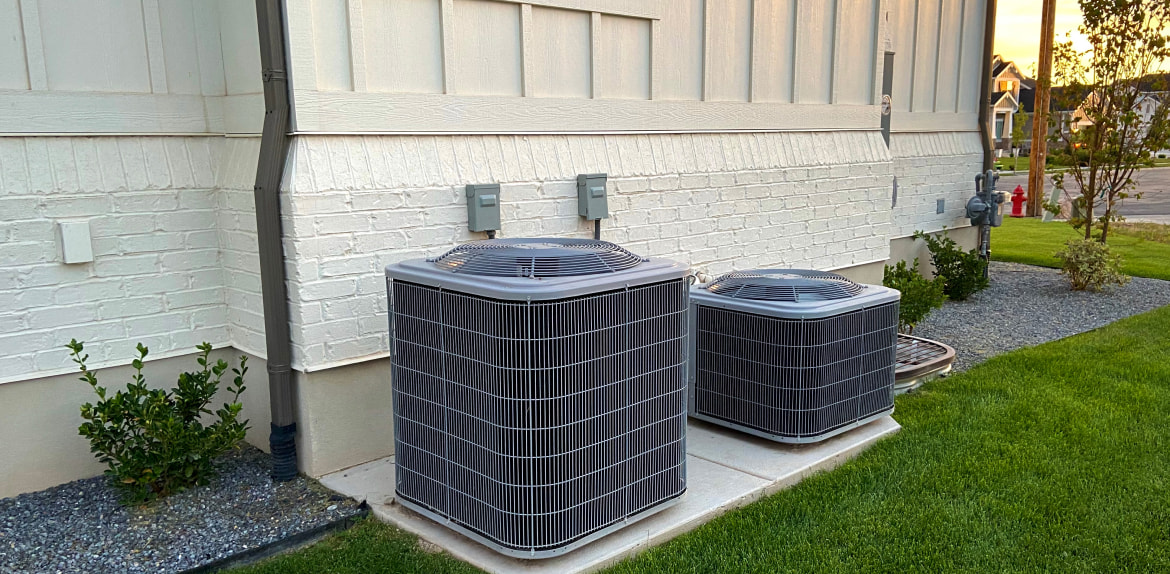
Table of Contents
Welcome to HVAC Service Solutions’ AC Unit Replacement Guide! If you’re considering replacing your old air conditioner in Canada, you’re in the right place. We understand that making the right choice for your home and budget can be a daunting task. That’s why we’ve created this comprehensive guide to address your top concerns including cost considerations, compatibility with other HVAC systems, choosing the proper air conditioner size, and the importance of professional installation and maintenance.
How Much Does Air Conditioning Replacement Cost in Canada?
AC replacement, without a doubt, is a significant investment for any homeowner. It’s essential to be aware of the costs associated with this upgrade upfront. Understanding what contributes to the price tag can help you plan your budget effectively. So, let’s consider the main factors that affect the AC replacement cost.
- Type and Efficiency of the Unit: The type of air conditioner you choose, whether it’s a central AC system, a ductless mini-split, or a heat pump, will impact the cost. Additionally, higher-efficiency units with advanced features may come with a higher price tag.
- Size of Your Home: Larger homes typically require more substantial AC units, which can increase the cost.
- Ductwork and Infrastructure: If your home needs ductwork modifications or upgrades to accommodate the new unit, this will add to the overall cost.
- Labor and Installation: Professional installation is crucial for optimal performance. Labor costs can vary depending on the complexity of the installation.
- Additional Features: Optional features like smart thermostats, air purifiers, or zoning systems can increase the overall cost.
In Canada, the cost of air conditioning replacement can vary widely based on these factors. On average, homeowners can expect to invest between $3,500 and $30,000 + for a complete AC replacement. Check out more precise information on the air conditioner installation cost in Canada in our previous article.
Worried about the upfront cost? We offer flexible financing options and an extensive rebates system to make your new AC unit fit your budget comfortably. Find the details via the link below.
Prioritizing Energy Efficiency When Choosing a New Air Conditioner

Who doesn’t want to save money on energy bills while helping the environment? Energy-efficient AC units are the way to go.
At the heart of energy efficiency lies SEER, which stands for Seasonal Energy Efficiency Ratio. Think of it as a report card for your AC’s efficiency. The higher the SEER rating, the better the performance in terms of cooling your home while using less energy.
SEER ratings typically range from 13 to 25 or higher. In Canada, a good rule of thumb is to aim for a unit with a SEER rating of at least 14. This ensures that your AC is both efficient and cost-effective in the long run.
To illustrate the real impact of SEER ratings, let’s take a look at this table:
SEER Rating | Estimated Annual Cooling Savings (Compared to SEER 13) |
|---|---|
13 | Baseline (No Additional Savings) |
14 | Up to 7% Savings |
16 | Up to 18% Savings |
18 | Up to 29% Savings |
20 | Up to 41% Savings |
25 | Up to 67% Savings |
As you can see, a higher SEER rating translates to significant savings on your energy bills over time. So, while a more efficient unit may have a slightly higher upfront cost, it’s a wise investment that pays off in reduced operating expenses and a smaller carbon footprint.
Do you want to save up to $7800 on the new energy-efficient air conditioner with government rebates? Find out how to do this:
https://thehvacservice.ca/buy-and-save-budget-with-government-air-conditioning-rebate-in-2023/
How to Choose the Proper AC Unit Size?
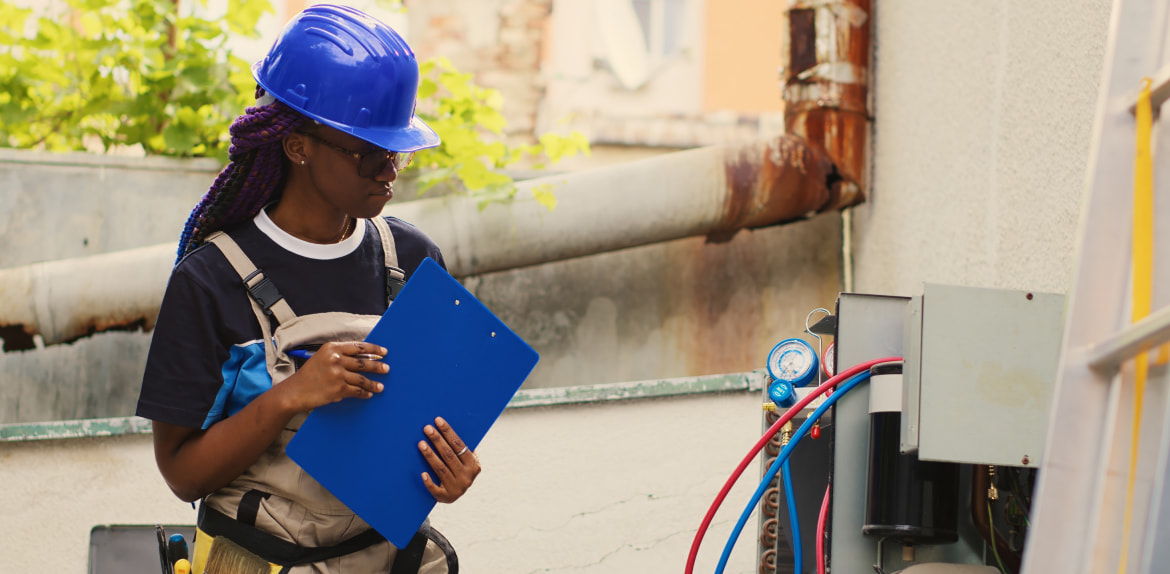
Ever wonder why size matters when it comes to air conditioners? Well, it’s not just about fitting the unit in your home; it’s about ensuring your comfort and efficiency. If the air conditioner is too small, it will struggle to cool your home, leaving you sweaty and frustrated. If it’s too large, it will cycle on and off frequently, leading to inefficiency and uneven cooling.
So, how do you determine the right size for your AC unit? Here are some valuable tips that can help you with this daunting task:
- Consider Your Home’s Square Footage: Measure the square footage of the area you want to cool. Keep in mind that different rooms may have different cooling requirements.
- Account for Insulation: Homes with better insulation may require a smaller AC unit, while poorly insulated homes may need a larger one.
- Think About Local Climate: Hotter climates may require more cooling capacity, while milder climates may allow for a smaller unit.
- Consult an HVAC Professional: The most accurate way to determine the right size is to consult with an HVAC professional. They can perform a load calculation, which takes into account various factors, including your home’s specific needs.
Here’s a handy table to provide you with a quick reference for AC sizing based on home size:
Home Size (Square Feet) | Recommended AC Capacity (BTUs) |
|---|---|
Up to 1,000 | 12,000 – 21,000 |
1,000 – 1,500 | 21,000 – 30,000 |
1,500 – 2,000 | 30,000 – 40,000 |
2,000 – 2,500 | 40,000 – 50,000 |
2,500 – 3,000 | 50,000 – 60,000 |
If you need more detailed information, check out our comprehensive guide on proper air conditioner sizing for different types of rooms.
Ensuring Air Conditioner Compatibility with Other HVAC Systems
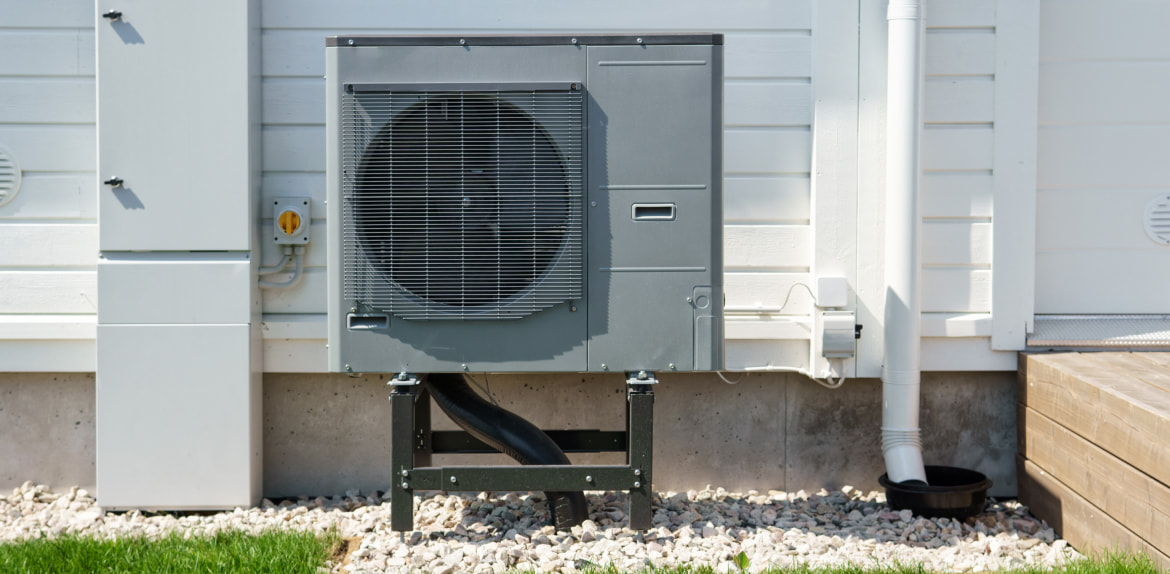
When it comes to air conditioning replacement, ensuring compatibility with your existing HVAC systems is crucial. Let’s delve into how AC compatibility works with various HVAC setups.
Central Air Conditioning Systems
For homes with existing central AC systems, compatibility is relatively straightforward. Replacing a central AC unit with a newer model of the same type usually presents no major compatibility issues. However, it’s essential to consider a few key factors:
- Ductwork: Ensure that your ductwork is in good condition and appropriately sized for the new unit. Damaged or inefficient ducts can lead to energy loss and reduced comfort.
- Thermostat: Check if your current thermostat is compatible with the new air conditioner. If not, you may need to upgrade to a compatible model, especially if you’re switching to a more advanced unit with smart features.
Ductless Mini-Split Systems
If you’re replacing a ductless mini-split AC unit, compatibility is generally less complex than with central systems. However, there are still essential considerations:
- Indoor Units: Ensure that the indoor air handlers are compatible with the new outdoor condenser unit. If you’re upgrading or adding more indoor units, make sure they are from the same manufacturer and are designed to work together.
- Refrigerant Compatibility: Verify that the refrigerant used in your existing and new units is the same. Mixing refrigerants can lead to system damage and reduced efficiency.
Heat Pump Systems
Heat pump systems provide both heating and cooling. When replacing a heat pump, compatibility is critical for year-round comfort. Consider these factors:
- Heating and Cooling Capacity: Match the heating and cooling capacity of the new heat pump to your home’s needs. An HVAC professional can perform a load calculation to determine the appropriate size.
- Refrigerant Type: Like with other systems, ensure that the refrigerant type in your new heat pump matches the existing one.
Upgrading or Switching Systems
If you’re considering a more significant HVAC upgrade, such as transitioning from a furnace and central AC to a heat pump, compatibility becomes a more intricate matter. In such cases:
- Ductwork: Evaluate the condition and size of your existing ductwork. Heat pumps may require different duct configurations than traditional systems.
- Electrical Requirements: Verify if your home’s electrical system can support the new equipment. Heat pumps often require specific voltage and amperage requirements.
As you can understand, minor adjustments or upgrades may be necessary to ensure a seamless integration. Our experts can guide you through the process, so there are no surprises on installation day. Reach out to HVAC Service Solutions for an expert consultation via the link below.
The Importance of Professional Installation and Maintenance
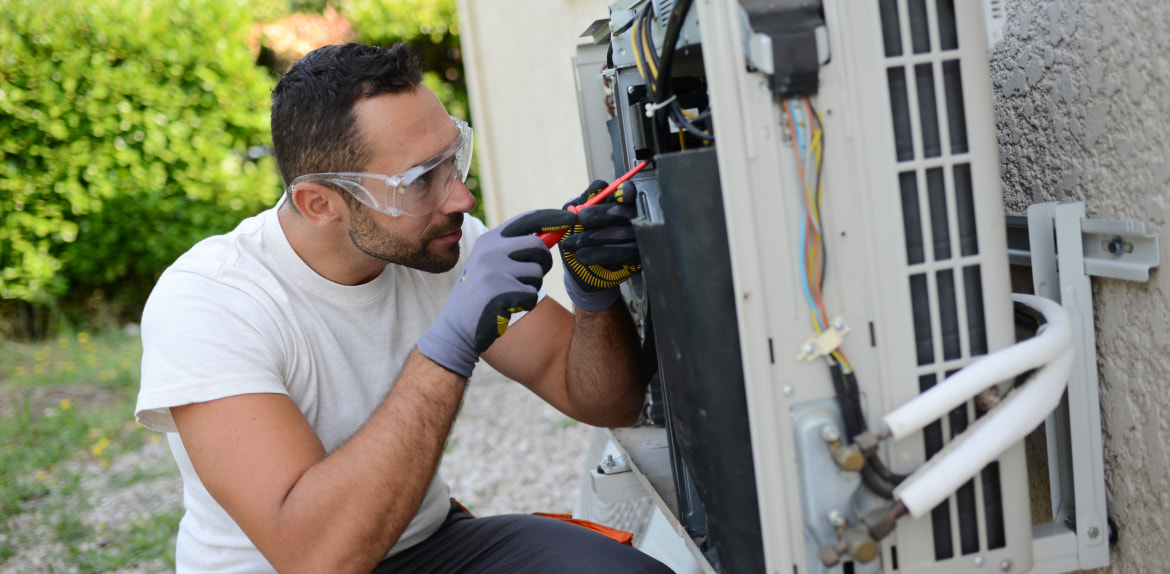
Professional installation is essential for your new AC unit. Experts ensure it’s correctly sized, properly placed, and compatible with your home’s ductwork and electrical systems. They handle refrigerants safely, conduct thorough testing, and guarantee optimal performance.
We understand, that the installation process may seem daunting, but we’re here to put your mind at ease. Our skilled technicians will handle everything, from removing the old air conditioner to installing the new one. Typically, the process takes a day or two, depending on the complexity of the job.
Once your new AC is in place, don’t forget about maintenance. Regular check-ups will keep your unit running smoothly and extend its lifespan. We offer professional air conditioner maintenance services to keep you cool and worry-free for years to come. Here are some maintenance tasks that require professional attention:
- Refrigerant Checks: Professionals manage refrigerant levels for efficiency and safety.
- Electrical Inspections: They inspect and repair electrical components to ensure reliability.
- Duct Cleaning: Professionals clean ducts, enhancing air quality and efficiency.
- Comprehensive Tune-Ups: Regular tune-ups keep your system running smoothly, extending its lifespan.
By entrusting these tasks to experts, you maximize your AC unit’s performance, longevity, and energy efficiency, ensuring years of comfort and savings. At HVAC Service Solutions, we’re here to provide top-notch installation and maintenance services for your peace of mind.
Conclusion
An air conditioner is the magic weapon to create your own indoor climate no matter what the temperature outside. By understanding the cost, prioritizing energy efficiency, sizing your unit correctly, ensuring compatibility, and valuing professional installation and maintenance, you’re well-equipped to make informed decisions.
Remember, HVAC Service Solutions is always here to support you every step of the air conditioning replacement. If you have any questions or need assistance, don’t hesitate to reach out to us via the link below. Your comfort is our priority, and we’re committed to helping you enjoy a cooler and more efficient home in Canada.
Share
